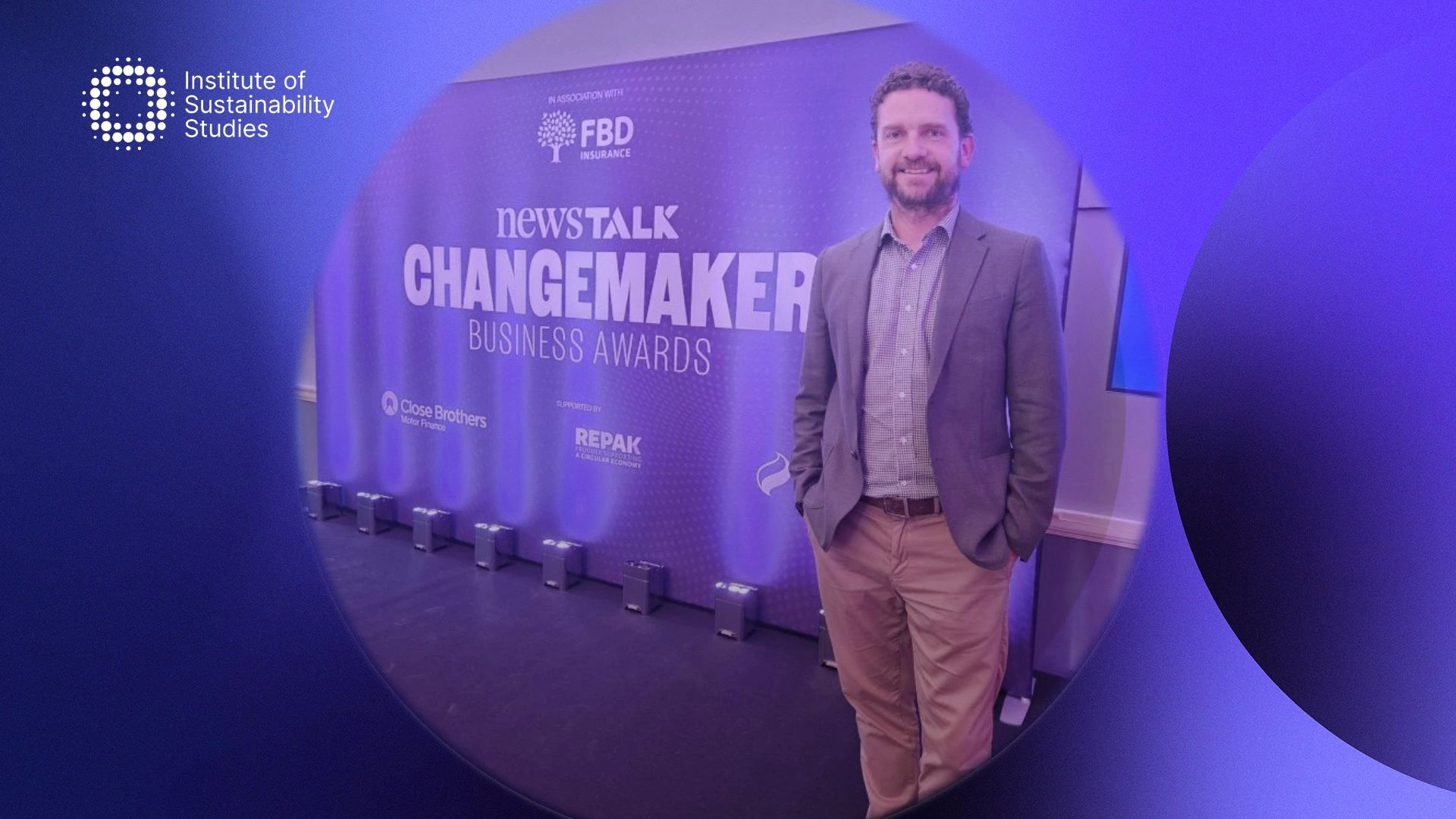The Science-Based Targets Initiative (SBTi) has shared the names of several food businesses that are failing to meet target-setting deadlines. Corporations are given two years to develop credible, approved climate targets after they signal their intention to do so publicly under the initiative.
The SBTi changed its approach to listing businesses that fail to have targets approved within this timeframe on its dashboard last year. Since the change, they have been badged as ‘commitment removed’. The SBTi updates its dashboard weekly every Thursday.
Which food businesses were identified?
Among the businesses identified as failing to follow through on their commitment to set verified climate targets include the world’s biggest meat producer JBS. The organisation has hit the headlines in the last number of months for its environmental impact. Campaign groups Global Witness and Mighty Earth opposed the company’s listing on the New York Stock Exchange.
This was because of its historic ties to deforestation in the Amazon. 15 US-based lawmakers backed this call to action, which delayed the listing until at least the second half of this year. Yum Brands, the parent of several of the world’s best-known fast food brands such as Pizza Hut, KFC, and Taco Bell, was also identified as having its commitment removed.
Other businesses flagged with ‘commitment removed’ on the SBTi’s dashboard this year include eyewear brand Ace and Tate, Canadian engineering services firm Stantec and British PR giant WPP. The UK-based bus and rail service business Translink were also among the businesses to be flagged, in addition to Financial information multinational S&P Global.
The way forward for the SBTi
In light of publishing the list of brands that are failing to follow through on targets, the SBTi has confirmed that it is forging ahead with reforms intended to boost its capacity for verifying business environmental goals, separating its target validation and standard-setting services.
The SBTi was established in 2015 by the climate disclosure platform CDP, the World Resources Institute, the World Wildlife Fund, and the United Nations Global Compact. It aims to drive the private sector to set net-zero emissions targets aligned with the 1.5 C global warming scenario. It outlines and encourages the best methods for setting targets based on science.
The need for companies to set science-based targets is apparent as they offer a pathway to decarbonisation. There are many benefits of setting these targets, from brand reputation to bottom-line savings, competitive edge, and investor confidence. Between 2022 and 2023, the SBTi witnessed a 100%+ increase in corporate commitments.
Final thoughts
It may seem a bold step to publicly share that these brands are not making strides towards their commitments. However, in the current climate, all businesses must take action and are held accountable for minimising the impact of their output on the environment. Hopefully, this increased transparency will inspire these food businesses to get back on track and encourage others to set meaningful targets to make a difference.










